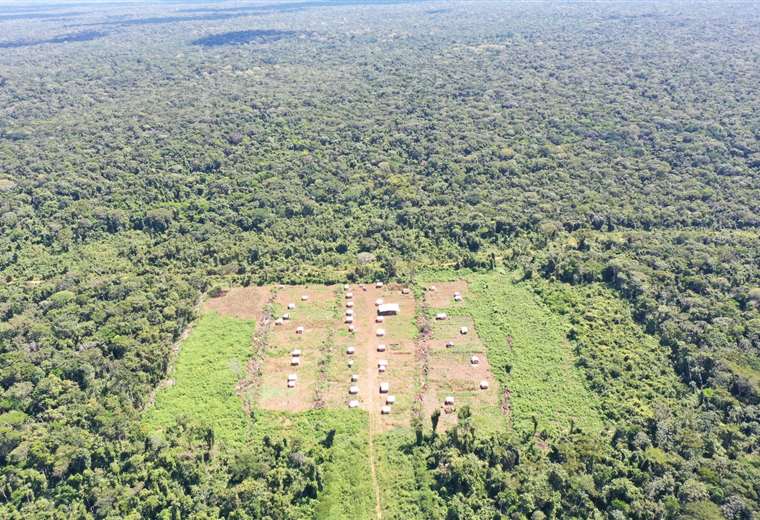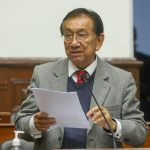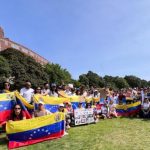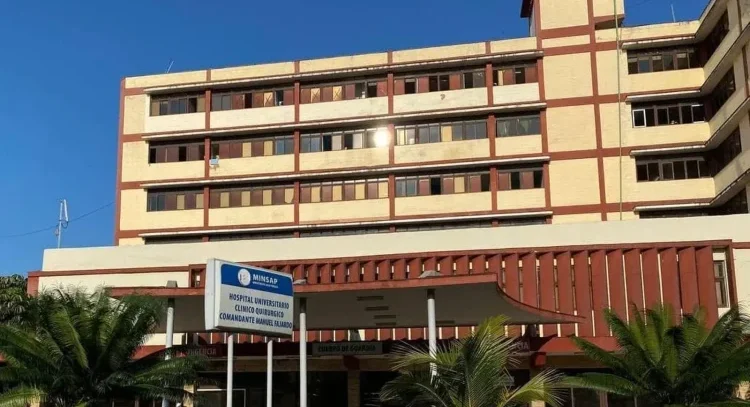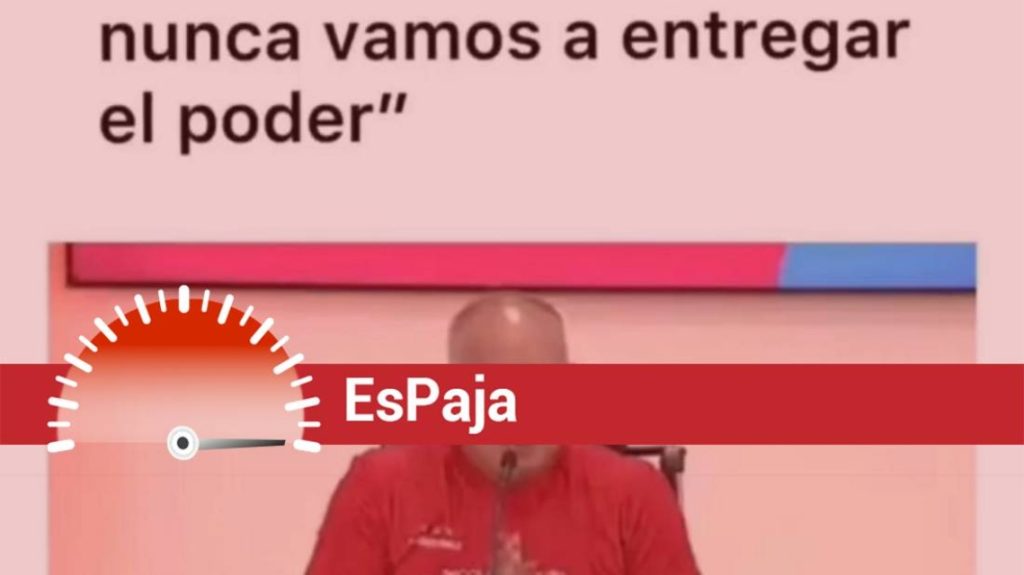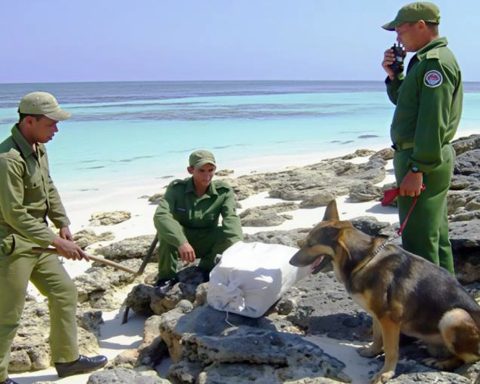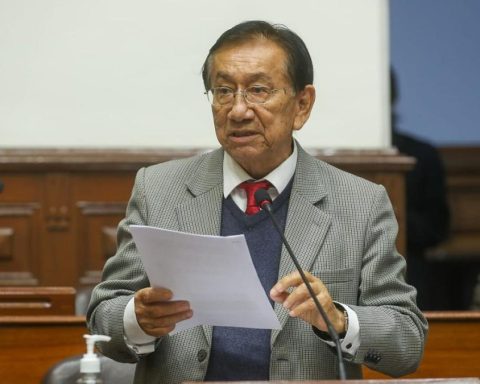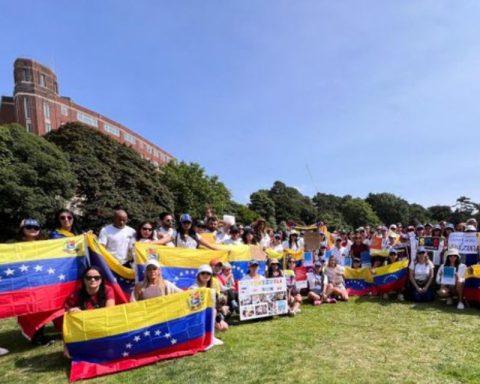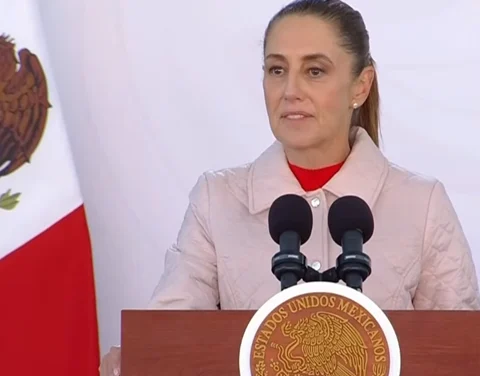September 16, 2024, 4:00 AM
September 16, 2024, 4:00 AM
“The problem will not be solved even in Santa Cruznot even in Beni, which are the departments where there have been fires year after year since 2019“, assured the Minister of the Presidency, María Nela Prada.
According to her, the rules known as the ‘incendiary combo’ were established for certain models; He stressed that a large part of the development modelRuceño focuses on agricultural production, which in many cases is not in line with environmental practices.
For his part, Eulogio Núñez, executive director of the National Institute of Agrarian Reform (INRA), argued that “it always burns” It has been a tool in agriculture”, but due to climate change it now generates serious consequences, making the use of fire unpredictable.
Núñez stressed that in Bolivia systems are applied more sustainable production in the Chaco and the Amazon.
Reactions
Before two of the regulations of the ‘incendiary combo’ were repealed, the deputy for the Chiquitania, Maria Rene Alvarez, pointed to Prada for obstructing this repeal.
In response to the minister’s statements, Álvarez reminded her of the MAS Government has encouraged and “has been an accomplice to oppressors and land grabbers in Santa Cruz”, and that it was also the MAS government that enacted Law 741, which authorizes the clearing of up to 20 hectares in small properties and communities, significantly increasing slash-and-burn farming and fires.
For Alvarez, the Santa Cruz model is not predatory, but the MAS policies are. name of food security. He said that such an attack is “immoral.”
In an opinion article, Gonzalo Colque, a researcher at the Tierra Foundation, recalled that during the time of Evo Morales many norms were agreed upon with agricultural representatives, But all of this was done in close coordination. with his closest collaborators, including Luis Arce Catacora, as minister and manager of the MAS economic model.
He said that all this made sense of two central goals: increasing cultivated lands 3.5 to 12 million hectares and double the population vaccinated by 2025.
In addition to what Morales did for farmers, Colque highlighted what he also did for MAS militants, “turned into land grabbers. Both the CSUTCB and the Intercultural Santa Cruz (CSCIB) organizations gave their consent to the agreement with the agricultural sector, in exchange for other agreements favorable to both sectors,” he said.
According to Colque, at the time of signing the agreements reached at the agricultural summit “Sowing Bolivia”, they agreed to take over land prosecutors in the department of Santa Cruz.
“This is the origin of what we now know as clearing of 20 hectares for each member of communities and settlements (Law 741). It is also part of the same conspiracies the conversion of small properties to medium-sized ones. If approved, it would pave the way for more clearing and more fires,” he warned about the recently approved regulation.
